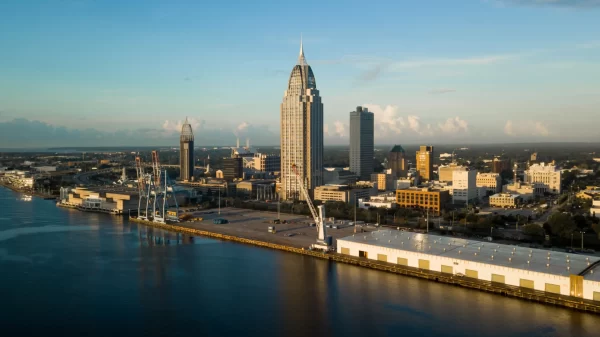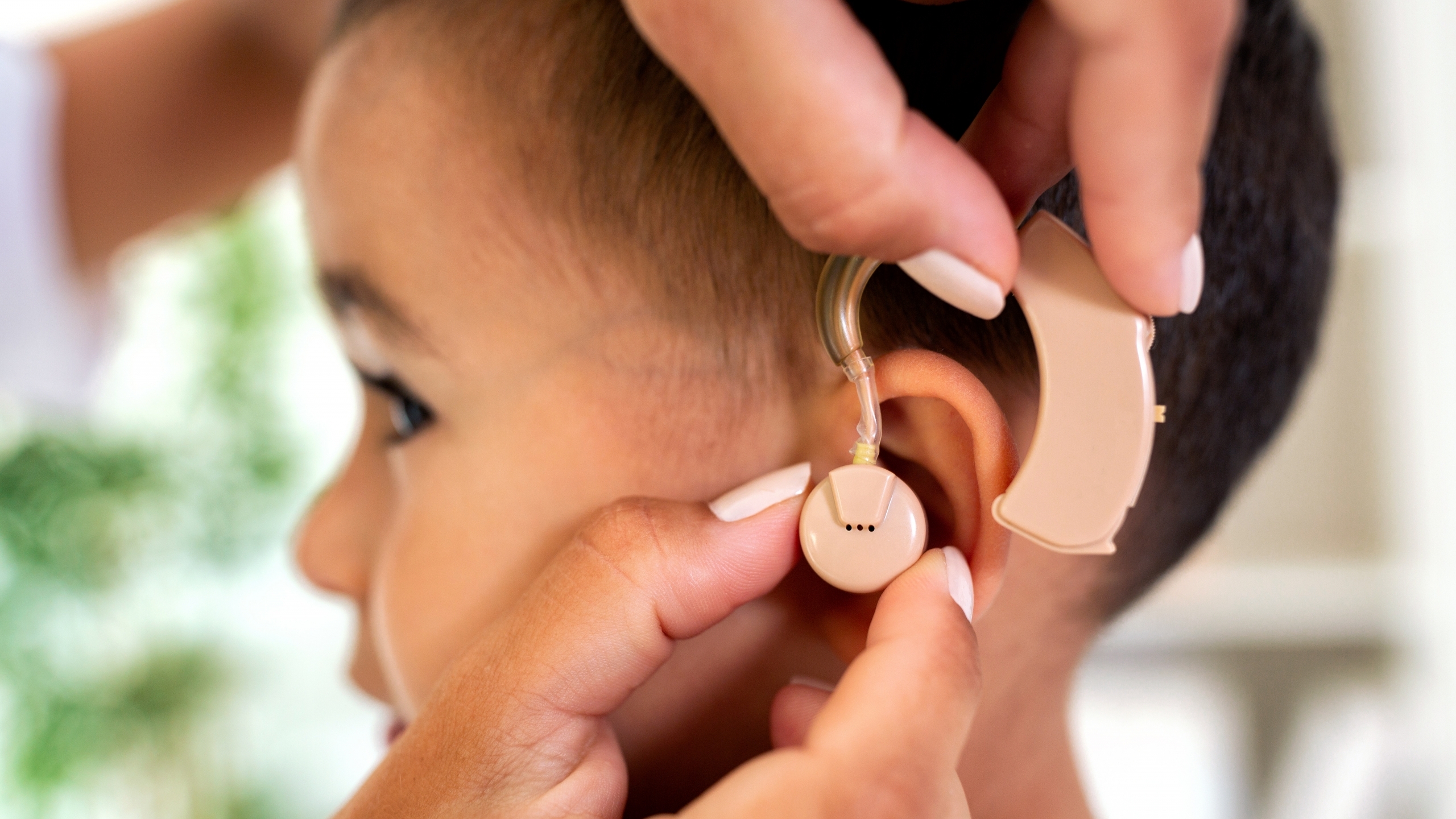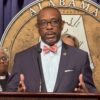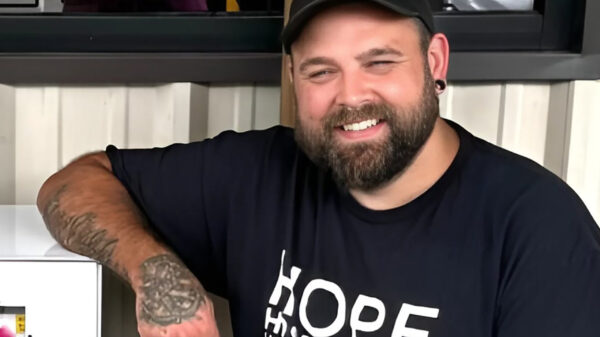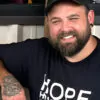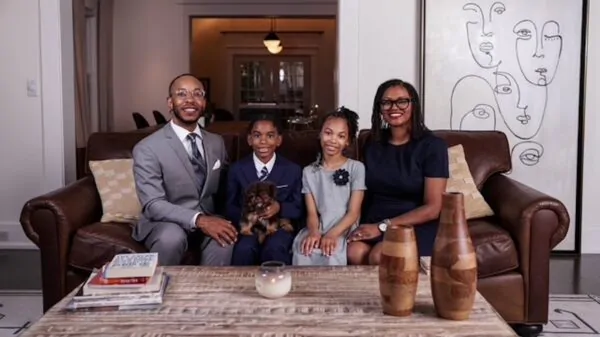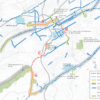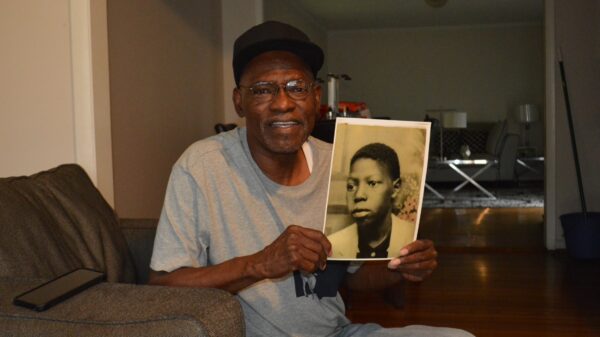An Alabama nonprofit hopes to expand access to care for children with hearing loss who use hearing devices by using a mobile lab, but to do so will take money.
Leigh Leak, whose grown daughter, Caroline, has Cochlear implants, hopes state legislators hear how critical such care is for the Birmingham nonprofit Woolley Institute for Spoken Language Education, known as WISE and formerly known as the Alabama School for Hearing. Leigh and her husband, Joe, are both WISE board members.
WISE was founded in 2009 and operates a preschool out of Shades Valley Presbyterian Church in Birmingham for children with hearing loss and hear with assisted hearing devices, like hearing aids or cochlear implants. The therapists and teachers are trained in LSL and provide therapy for preschoolers so they can be mainstreamed into their community schools.
Caroline was the couple’s first child, born in 1996. Early on everything seemed fine.
“Immediately I think you look for 10 toes and 10 fingers, hoping your baby is perfect and normal, and she was,” Leak said.
As an infant, Caroline had ear infections, which required tubes to be placed into her ears, a common occurrence in many children, but in time, Leak noticed that her daughter’s speech wasn’t quite on the level of her peers. As the months ticked by, she noticed her daughter wasn’t always responding to her words.
“It became a challenge to try to figure out, was she kind of stubborn and defiant, ignoring me, sort of thing or was something really wrong,” Leak said, but during a car ride one day while playing a song Caroline knew well, that all changed.
Leak turned the song up louder and louder but her daughter wasn’t responding. She was soon diagnosed with bilateral moderate-severe hearing loss.
“I think deep down I had known for a couple of months but just hadn’t pushed hard enough with my pediatrician,” Leak said. She urged parents to trust their instincts.
“She could never have a conversation on the phone. She would never be able to hear a teacher,” Leak said. “I beat myself up about it a lot because I thought a good mother would have known.”
Six weeks after Caroline was born Alabama began testing all infants for hearing loss. Had she been born after the change, perhaps her diagnosis would have come much sooner, her mother said.
Leak and her husband began researching how best to help their daughter, calling clinics nationwide and the Alabama Institute for the Deaf and Blind in Talladega. They also studied up on hearing devices and Cochlear implants, small surgically implanted devices that provide those with hearing loss a sense of sound by bypassing the cochlea and directly stimulating the auditory nerve.
In their research, they discovered the HEAR Center at Children’s of Alabama in Birmingham, and Dr. Audie Woolley, the director of the hospital’s Cochlear implant program. Caroline received hearing aids at nearly two years old, and began intensive speech therapy at the HEAR Center, close to their home. Leak said she was fortunate to live so close.
“I was in the waiting room with families from Mobile, from Huntsville, from all over the state who would come in three times a week for audiology and speech therapy sessions with their child,” Leak said. Doing so just isn’t possible for some families, who might struggle with transportation and work responsibilities.
“An implant without the therapy — consistent auditory, verbal therapy — it’s really useless,” Leak said.
Caroline received her first Cochlear implant at eight, and her second when she was a senior in high school. She graduated from Mountain Brook High School with honors and graduated from Washington and Lee University with degrees in journalism and Spanish. She’s worked as a reporter and television news producer, and now works in public relations.
“We had access to audiological and speech therapy services because of The Hear Center here in Birmingham, but had WISE been an option for Caroline at that age …it’s hard for me to put into words how incredible that would have been…for her and for us as parents,” Leak said “We are forever grateful to Dr. Robert Baldwin and Dr. Audie Woolley for having the vision for this very special preschool.”
Leak said 95 percent of babies born with deafness are born to parents with normal hearing with no family history of deafness, Leak said. That statistic, coupled with the advances in hearing device technology, is why most families are choosing Listening Spoken Language, known by the acronym LSL, as their communication mode, she said.
“Our goal is not to propose that LSL is the right choice for everyone. It’s not. Residential schools like AIDB are invaluable institutions. It has served children in special populations well, who really needed social-economic stability, and cochlear implants don’t work for everybody,” Leak said. “Choosing a communication mode is specific to the individual, and having resources that allow families and caregivers to make an informed choice is what’s most important.”
“Two years ago a lot of parents and clinicians came together and realized not much had changed as far as service delivery to this population and other states Tennessee, North Carolina, Colorado and others were doing a much better job,” Leak said. “Because of countless conversations and meetings with state agency heads and lawmakers things have really begun to change.”
WISE is now an Alabama Early Intervention therapy service provider and partnering with the University of Alabama, Samford University, Alabama Department of Early Childhood Education as well as other schools and organizations.
“Our corporate community has been interested and has invested in our mission to get services to these children and families who have little to no access,” Leak said.
“Our growth in the last two and a half to three years has been tremendous. We’ve begun partnering with the University of Alabama and Sanford,” Leak said. “Our therapists are driving an hour in all directions to see families.”
WISE is also a service provider for Alabama Early Intervention Services, an Alabama Department of Rehabilitation Services program that provides support and services for infants and toddlers. WISE provides services for children and families that currently no other organization is providing in Alabama. That’s why the funding is so direly needed, to reach the children and families who aren’t yet being served, Leak said.
“There’s no duplication of services for children like Caroline. We’re it,” Leak said.
State funding accounts for approximately 15 percent of WISE’s budget, with donations, grant and fundraisers filling out the rest. The largest of two planned fundraisers has been postponed for more than a year due to the pandemic, but if things go well it could take place in June, she said.
“It’s something we’re incredibly grateful for,” Leak said of the state funding.
WISE in February established a satellite location in Huntsville, housed at Summit Crossing Church, where therapists are currently serving 15 families in the Huntsville area. The nonprofit will also offer a preschool language camp this summer.
The WISE MARKS program, which stands for Mobile Audiology Resources for Kids, would be a mobile unit outfitted with equipment and audiologists and trained therapists that would provide services for families who live in rural Alabama, who are among the most underserved families looking for help for children with hearing loss.
The mobile unit would be similar to one operated by the University of Alabama, which cares for adults with hearing loss living in rural areas. WISE estimates that the first-year cost for the mobile unit would be $750,000 with subsequent years costing approximately $385,000 annually to operate.
“This is one of the biggest components of what we want to do in the next three years,” Leak said.
The Alabama Senate in March passed the state’s $7.67 billion education budget, which has a $150,000 increase in funding for WISE from the last fiscal year’s budget, bringing the total to $485,000. WISE had requested $1.7 million, with $750,000 going toward the mobile unit.
The education budget, which awaits passage in the House, has a $3.5 million increase for AIDB, totaling $63.7 million to the school.
Every year in Alabama between 800 and 900 children are born with some degree of hearing loss, Leak explained, so the need for services is great.
“We hope that people will begin to really understand that we’ve got a lot of ground to make up. We really are the only option to serve children like Caroline, who want to learn to listen and speak and be fully mainstreamed,” Leak said. “You shouldn’t have to be born to privilege to receive the services.”
Caroline Leak explained to APR that the work WISE does is critical for children who don’t have the same access to care as others. The mobile lab would broaden that access.
“None of this existed when I was two. When my parents were navigating this world, and it’s still piecemeal. It’s still a tough road to navigate,” she said.
“I just keep thinking there are so many two-year-old Carolines out there right now, with parents who can’t get her what she needs,” Caroline said. “And the mobile lab is a step toward achieving that goal. Just having it there, if you want it. If you need it for your child with hearing loss.”







































